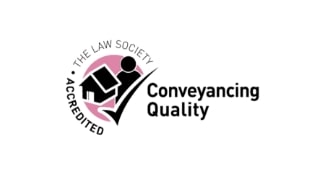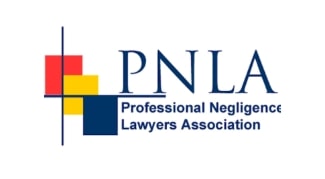
What can I do about loss caused by my adviser’s professional negligence?
To claim compensation for your loss from your professional adviser, you need to show that your adviser’s professional negligence caused your loss. This involves what is called the “but for” test.
What is the “but for” test?
In a professional negligence claim, you need to show that your loss was caused by (and did not simply happen after) your adviser’s professional negligence. To address this issue, the “but for” test asks:
- But for your adviser’s professional negligence, would you still have suffered the loss?
If the answer to the “but for” test is no, then your adviser’s professional negligence can be said to have caused your loss. However, if the answer to the test is yes, you would have suffered that loss anyway, which means that your adviser’s professional negligence did not cause the loss.
Let us look at a hypothetical example to see how the “but for” test might play out. Suppose your solicitor is dealing with a legal claim for you but misses a court deadline, which results in your legal claim being dismissed. But for your solicitor missing that court deadline, would your legal claim still have been dismissed?
- Suppose your legal claim had strong documentary and witness evidence supporting it and persuasive legal arguments in its favour; the answer to this question is no. Your solicitor’s professional negligence will likely have caused you loss (i.e. the dismissal of your claim)
- However, if the documentary evidence undermined your case, if one of your witnesses was not reliable, or if the legal arguments favoured your opponent, then it is probable that your legal claim would have been dismissed anyway. In that scenario, your solicitor’s professional negligence likely did not cause your loss (i.e. the dismissal of your claim).
What happens if your professional adviser claims that your loss or damage was caused by someone else?
A common tactic used by professional advisers facing professional negligence complaints or claims is to allege that they (or their professional negligence) did not cause your loss. Instead, the professional adviser will allege that someone else’s actions caused your loss – whether a third party or possibly you or even an act of nature or God. How can you respond to such an allegation?
The link between your adviser’s professional negligence and the loss that you have suffered is called the “chain of causation”. To work out whether a particular action by someone else has broken the “chain of causation”, you need to consider the following questions:
- How foreseeable was the particular action? The more foreseeable the action was, the less likely it would break the “chain of causation” and the more likely that your professional adviser was the cause of your loss.
- How unreasonable was the particular action? The more unreasonable the action was, the more likely it would break the “chain of causation”. This would mean that your professional adviser was not the cause of your loss.
- How voluntary or deliberate was the particular action? The more voluntary or deliberate the action was, the more likely it would break the “chain of causation”. This would again mean that your professional adviser was not the cause of your loss.
How do I know if my loss is recoverable?
Suppose your adviser’s professional negligence caused your loss. In that case, the next step is to show that your loss is recoverable, i.e. that your loss was a foreseeable consequence of your adviser’s professional negligence. This means that you would be able to recover:
- Where there is a contract between you and your professional adviser – losses that were foreseeable at the time of the contract; or
- Where there is no contract between you and your professional adviser – losses reasonably foreseeable at the time of your adviser’s professional negligence.
It can sometimes be challenging to determine what losses were foreseeable and therefore recoverable. However, a helpful way of doing this is to use the “scope of duty” principle. Here you can only recover loss from a professional adviser that falls within the scope of their duty of care to you.
For example, suppose your professional advisor is helping you with a conveyancing transaction. In that case, this will generally limit the recoverable losses to those relating to conveyancing. Such losses would include the cost of rectifying any defect in title or addressing any subsidence that your adviser should reasonably have discovered before purchase).
As you will appreciate, the nature of the losses that fall within the “scope of duty” principle will vary case by case.
What factors limit the loss I can recover from my negligent adviser?
Several factors can affect the amount of loss that you can recover from a negligent professional adviser:
- Contributory negligence – if you suffer loss partly because of your own fault, your recoverable loss will be reduced as the court thinks is just and equitable; and
- Mitigation – you cannot recover any part of your loss that you could have avoided by taking reasonable steps to mitigate (or limit). For example, suppose your conveyancing solicitor causes you to lose a £600,000 sale of your property. If you then receive a lower offer of £550,000 for your property, you would not be mitigating your loss if you rejected the offer and tried to claim the whole £600,000 from your negligent adviser. Mitigation would require you to sell your property for a lower price. Then you would be able to sue your negligent adviser for the balance.













































